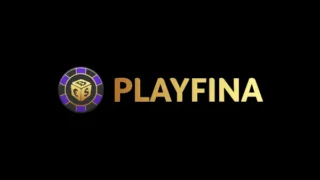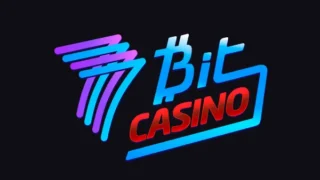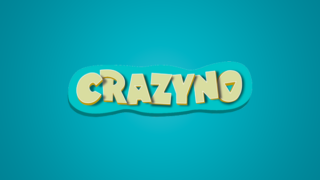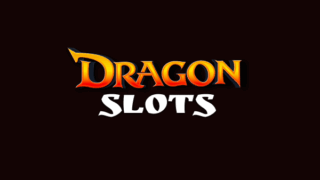
Responsible Gambling
Introduction to Gambling Addiction Problem
Gambling is a fun activity that involves people wagering or placing bets on their favourite sport or casino games like pokies, poker and other table games. The adrenaline rush and the possibility of winning big is what makes people keep coming back for more. Online gambling has become even more convenient because it can be done from the comfort of your home. However, many people have formed an unhealthy attachment to gambling, making it a problem. This article looks at tips to not become addicted, the signs of gambling addiction and where to seek help.
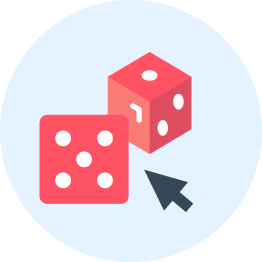
01. How Not to Fall in Addiction?
It is very easy to lose oneself and get addicted as a gambler. You know you have a gambling addiction when you have an uncontrollable urge to gamble and lose valuable things like money and time. Gambling is not bad. It only becomes a problem when addiction steps in. There are many ways to gamble without getting addicted, and some of these include;
- Set reality checks: It is advisable to create or set reality checks with how easy it is to forget oneself while gambling. This offers reminders to help you keep track of how much time you spend online gambling.
- Set deposit limits: Not To go bankrupt, one can establish financial restrictions or limitations that can be lowered, raised, or withdrawn totally for periods ranging from daily to monthly. This will keep you financially accountable.
- Take Breaks: Many gamblers go at it for days or weeks without breaking the cycle. This can be unhealthy as it won’t allow you to do other beneficial things or even spend time with your family and friends. To avoid addiction, it is advisable to take time out from gambling. This could be from a day to even 6 weeks.
- Self-exclusion: This completely removes yourself from gambling for a stretch of time. You have the option of opting out of each website. Self-exclusion may last anywhere from a few days to many years. This will give you clarity and cut the process of addiction.
- Track your gambling activity: Keeping a history of your transactions, deposits, and withdrawals is one way to keep track of your gambling activities. This gives an overview of whether you are going overboard with your finances and time. You can do this in a table or fill out the details weekly or monthly.

02. Signs You May Be Gambling Addicted
You can enjoy gambling once in a while, and it could be that hobby you used to relax after a long week of work or at a party with friends. Being a high roller who likes risking huge sums of money regularly does not automatically make one a gambling addict. However, based on their conduct relating to their play, even casual gamers who participate in low stakes games may have a condition.
There are several criteria for detecting and signs of a gambling issue. One of these is recognising the problem. Here are some signs that show that you have a gambling problem.
- Betting with large sums of money to get the appropriate thrill from gambling. People like these will break the bank to get the desired feeling, and in the long run, it always is a problem, leading to debt or even bankruptcy.
- Efforts to minimise or stop playing causes irritation or restlessness. Like all addictions, the individuals have withdrawal symptoms when they stop playing. So, breaking the cycle becomes hard.
- They’ve tried and failed several times to regulate or halt their gaming. This situation could have come after several significant losses. But the inability to quit keeps pulling them in like quicksand.
- Gambling consumes a lot of their time. They spend hours on gambling sites, placing wagers. This inhibits their productivity and development in other critical areas of their lives.
- Gambling is used to cope with negative emotions. When people use gambling as a means of escape, it further propels them into bigger trouble. One can use other things to escape, but gambling shouldn’t because of its negative effect when it becomes a problem.
- They attempt to make up for their losses by betting more to recoup their losses. These individuals will always find themselves in a lack because of the deficit in the accounts from so much gambling.
- They lie to their loved ones to hide their gambling habits. This becomes a pattern and can easily break long term relationships like marriages and friendships.
- Their gambling habits have compromised or resulted in losing a significant relationship, employment, or educational opportunity. Because gambling is time-consuming, an addict may find it hard to be efficient or present at their job or school. Thus, causing a loss of opportunities.
- They have had to rely on others to help them pay their bills after gambling. When gamblers lose, they are usually in debt and have to depend on there, which makes it inconvenient for the other party.
While showing one or two of these signs on a regular basis may not indicate a significant problem, if you exhibit numerous of them, you may have a problem. If at least four of these criteria are satisfied, the problem is deemed mild; six criteria suggest a moderate disorder, and eight or more indicate a serious issue.

03. Where Get Help?
The first step in regaining control is to be completely frank with yourself and admit that you have an issue but are willing to address it. You’ve made the most important step in resolving the problem by doing so. It’s possible that merely taking a step back and realising you’ve been engaging in some of the behaviours mentioned earlier will be enough to cause you to change your strategy and regain control. On the other hand, you may feel that you need assistance, guidance, or support.
There are so many non-profit organisations that help people with gambling problems. These organisations will link you with professionals you can speak to help you through the process. Some of these organisations include;
Bettors Anonymous Central Service; Bettors Anonymous is a group of men and women who share their experiences, strength, and hope to solve their shared issue and assist others in recovering from gambling addiction. Two critical things discussed are; “Twelve Steps” of recovery and the “Twelve Unity Steps.”
The Twelve Steps of Bettors Anonymous are a rehabilitation program that has been offered. They are spiritual in character, and if adopted as a way of life, they may help the patient overcome their gambling addiction and become happy and helpful.
The Twelve Unity Steps of Bettors Anonymous relate to the fellowship’s daily operations. They describe how Bettors Anonymous maintains its unity and interacts with the world around it; how it lives and develops.
Gamblers Anonymous: This group where both sexes come together to share their stories and ways to overcome their shared issue and help others recover from gambling addiction. They have a recovery program and hotlines to professionals you can speak to. Only a willingness to quit gambling is required for membership. Gamblers Anonymous membership has no dues or fees. They only operate on donations. Lastly, the group is not affiliated with any religion or organisation.
Gambling Help Online: This program supports and expands the spectrum of options for dealing with compulsive gambling. It gives Australians a new way to receive counselling and information services if they are unable or unable to use the face-to-face services available in their respective jurisdictions.
Gambling Help Online is a global first, based on considerable study and professional assistance. It offers: Counseling and support services are available 24 hours a day, seven days a week through chat and email, the opportunity to speak with counsellors with experience in problem gambling and internet services, a stepping stone to further aid, such as gambling services via the phone and in person, self-help resources, and weblinks for extra assistance.
GamCare: This service provides gamblers with addiction issues free information, assistance, and counselling in the UK. It provides face-to-face counselling and manages the National Gambling Helpline (0808 8020 133).
There are several other Non-profit organisations online and offline that can provide the help you seek if you find yourself with an addiction issue. You can adapt to many communities will provide support and self-care tips on the internet.
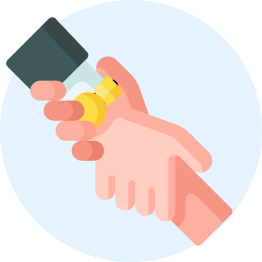
04. Conclusion
The most important thing about gambling is knowing where to draw the line and always controlling. If you already have an addiction to this activity, you should never be ashamed to seek help or support.
Therapists have discovered that compulsive gamblers respond to pharmacological and psychosocial therapy in the same way other behavioural addictions do. Cognitive-behavioural therapy has been demonstrated to be especially helpful in the treatment of gambling addictions because it teaches relapse prevention skills and how to modify patterns and recognises the root cause of addiction.

